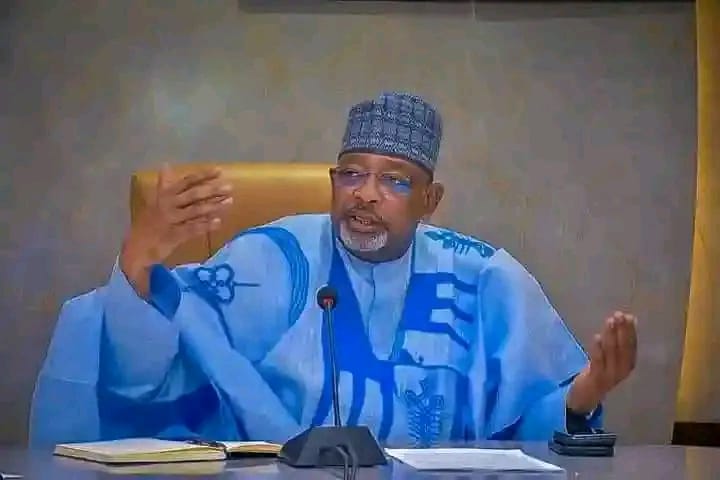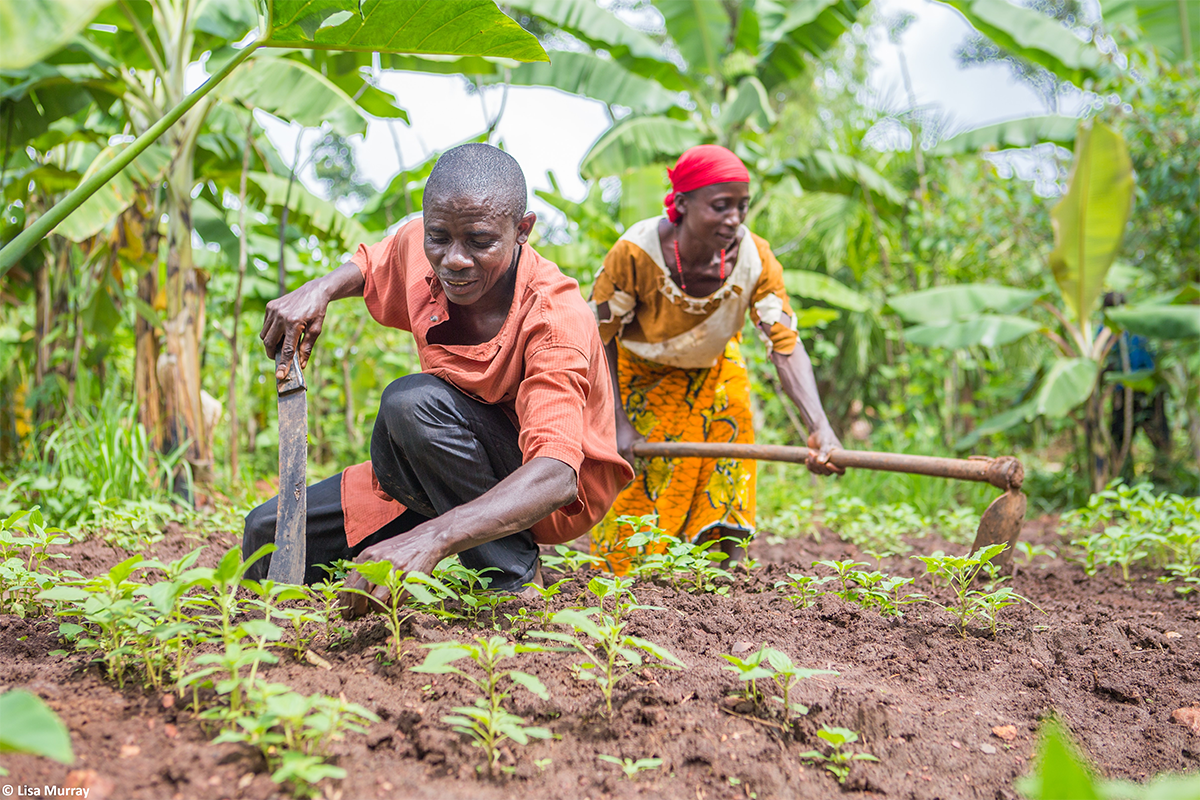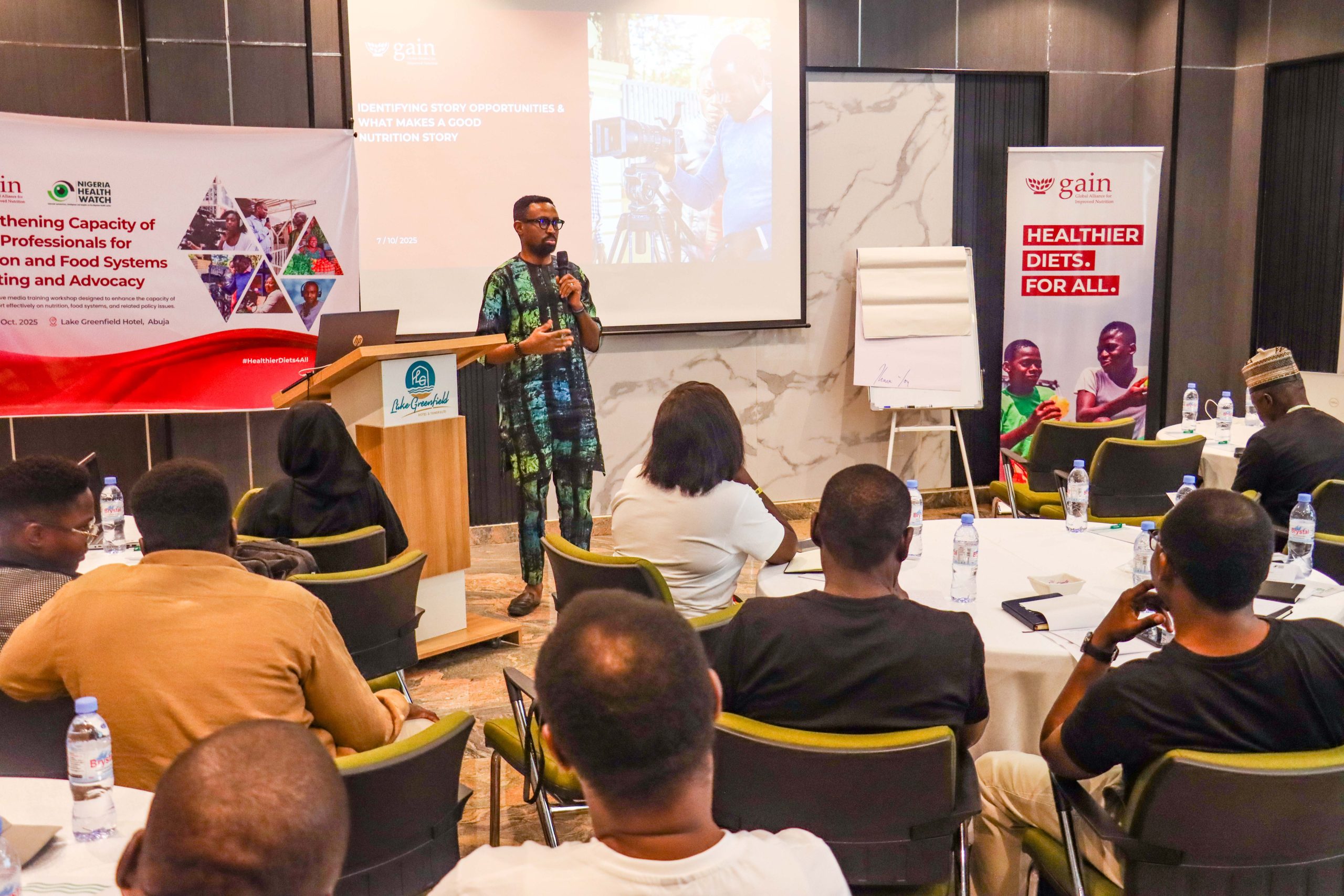The Minister of Agriculture and Food Security, Senator Abubakar Kyari, World Bank, National Agricultural Land Development Authority (NALDA), and Bank of Agriculture among others are expected to grace The Guardian’s Green Gold Summit 2025, with the theme: “Unlocking Nigeria’s Agro-Economy for Shared Prosperity.”
The Summit, scheduled to hold on Thursday, November 13, 2025, at the Federal Palace Hotel, Victoria Island, Lagos, is designed to generate a conversation on ways the country can tackle the deepening food crisis, to unlock agro-economic transformation.
Organised by Guardian Newspapers Limited, Nigeria’s most credible, trusted media institution, and a leading voice in development journalism and policy thought leadership, the Summit aims to drive consensus, innovation, and strategic partnerships toward transforming the country’s agriculture sector into a foundation for food security, inclusive growth, and national stability.
This event is coming up at this time when the country is facing acute food crisis, and the agric sector not living up to expectation. Despite employing over 70 per cent of Nigeria’s workforce and contributing more than 21 per cent of GDP, agriculture remains one of the most under-leveraged sectors of the Nigerian economy.
As of 2024, more than 100 million Nigerians are classified as food-insecure, with 18.6 million facing acute hunger, according to the Cadre Harmonisé. Forecasts by development agencies project that over 33.1 million Nigerians could experience severe food insecurity by mid- this year.
Several structural factors have deepened this crisis, which include limited access to quality inputs, deteriorating soil conditions, poor irrigation systems, weak extension services, outdated market linkages, and inadequate post-harvest infrastructure.
However, the most alarming contributor remains insecurity across rural regions, where banditry, kidnapping, and farmer-herder conflicts have disrupted cultivation, displaced millions, and halted agricultural activity in Nigeria’s most productive belts.
The impact is cascading. Staple food prices have soared, child malnutrition is rising, and food import dependency continues to erode national foreign reserves. Meanwhile, youth unemployment remains entrenched despite agriculture’s potential as a mass employer and economic equaliser.
To address this, the Green Gold Summit 2025 is designed as a high-level platform to tackle the urgent intersection between agriculture, food systems, security, and economic policy. It will explore a holistic and data-driven response to Nigeria’s agro-economic fragility, focusing on scalable solutions and implementation pathways.
Key areas of deliberation will include – revitalising rural production: strategies to reclaim and secure farmlands, resettle displaced populations, and rebuild pastoral and crop production systems; agro-investment and industrialisation: unlocking public-private partnerships across value addition, processing, storage, and logistics infrastructure; and food systems innovation: adoption of technology in extension, irrigation, climate adaptation, and market intelligence.
It will also address policy reform and institutional alignment: strengthening national and sub-national coordination on agriculture policy, financing, and security; and youth and women in agribusiness: pathways to engage Nigeria’s under-utilised demographic dividend in productive, dignified agri-enterprise.
The summit will host keynote addresses, technical sessions, investment roundtables, and policy dialogues, featuring a diverse spectrum of voices from federal and state ministries, development finance institutions (DFIs), agribusiness leaders, research institutions, civil society, and rural cooperatives.
It is also expected to attract sub-national policymakers working on special agro-industrial processing zones (SAPZs), rural infrastructure, irrigation schemes, and value chain development.
Beyond convening discussion, the Green Gold Summit 2025 will serve as a springboard for post-summit implementation, including: a published policy communiqué capturing recommendations and action points; engagement of stakeholders in a technical working group for follow-up and coordination; and a summit report with data insights and proposed frameworks for agro-economic recovery.






